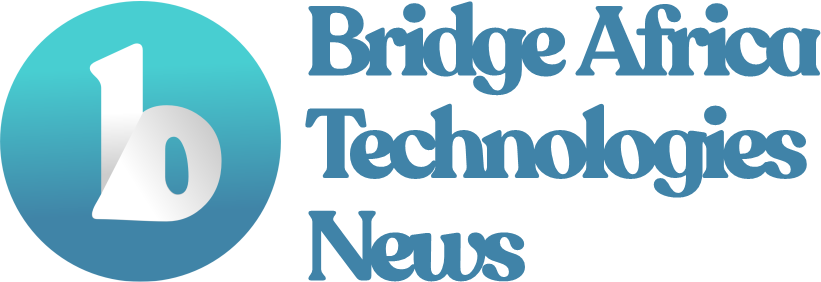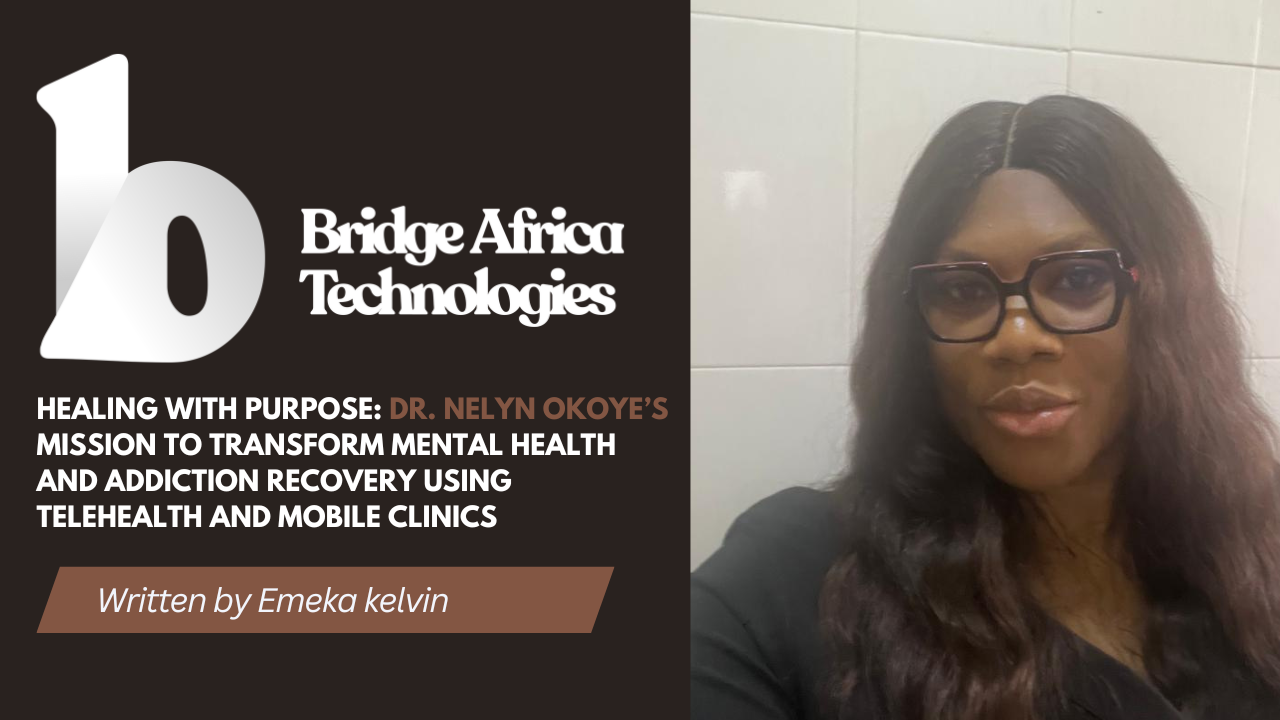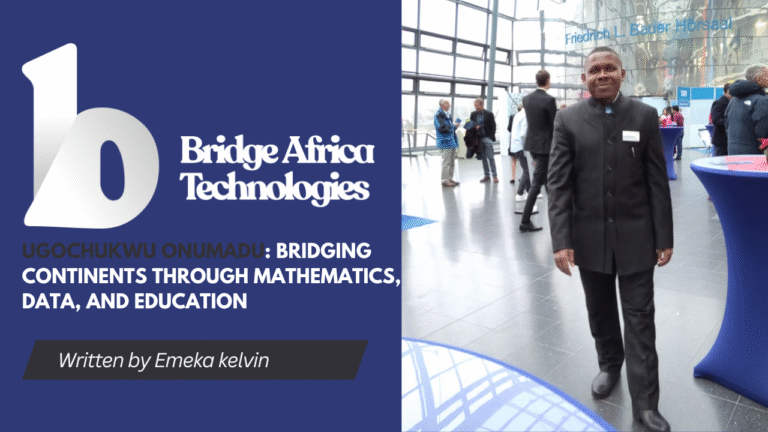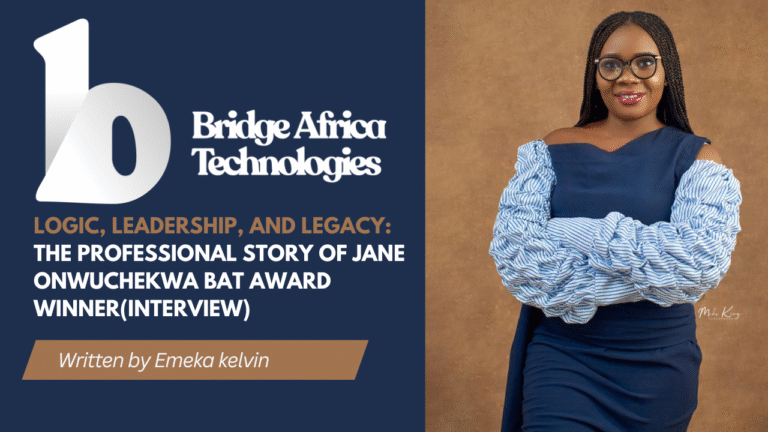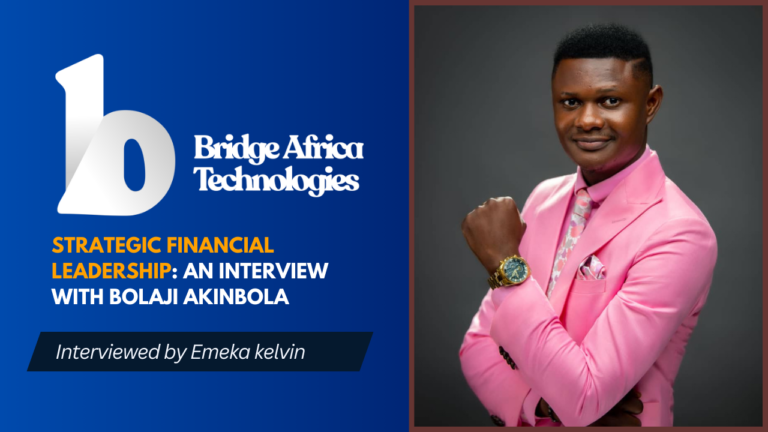Meet Dr. Nelyn Akunna Okoye, a distinguished medical doctor and mental health advocate whose career spans over a decade of impactful service in general practice, addiction recovery, and community health. Trained at First Moscow Medical State University and currently advancing her academic journey with a Master’s in Human Physiology at Rivers State University, Dr. Okoye has emerged as a leading voice in substance use disorder treatment and public mental health advocacy in Nigeria and beyond.
She served as a Medical Doctor at Rivers State University Hospital, Port Harcourt, where she provided critical care and clinical support within one of the region’s leading teaching hospitals. This experience further deepened her understanding of patient-centered care in both urban and resource-constrained environments.
As the Founder of Miracel-Forte Foundation, Dr. Okoye has spearheaded numerous initiatives focused on mental health awareness, drug abuse recovery, and community-based care delivery. She has taken healthcare directly to underserved populations through mobile clinics and telehealth platforms, ensuring that rural communities, often cut off from traditional healthcare infrastructure, receive consistent, lifesaving mental health and addiction support. Her foundation’s outreach has empowered hundreds of individuals, particularly those in remote regions, to access timely diagnosis, counseling, and recovery services.
With an unrelenting commitment to healing, Dr. Okoye has served in multiple frontline healthcare roles, most recently as the principal volunteer at ARUKA Rehabilitation center There, she pioneered community-based mental health initiatives and significantly expanded telehealth and mobile clinic access—achieving a 60% increase in remote consultations and improving treatment adherence among patients with co-occurring kidney and substance use disorders.
Across her diverse appointments, from university health centers to rural mobile clinics, she has consistently led programs that merge clinical excellence with compassionate care, improving outcomes, reducing stigma, and empowering communities to take charge of their mental well-being.
What sets Dr. Okoye apart is not only her clinical expertise but also her leadership in addiction prevention and treatment. As a certified addiction specialist under the Colombo Plan Drug Advisory Program and a Recovery Support Services provider with the Federal Neuro-Psychiatric Hospital, she has developed and implemented programs that tackle the root causes of addiction through counseling, education, and evidence-based therapies. Her volunteer work with the RCCG Drug Rehabilitation Centre and outreach efforts through the Miracel-Forte Foundation demonstrate her hands-on commitment to transforming lives, especially among youth and internally displaced persons across Nigeria and neighboring countries.
In recognition of her extraordinary service, Dr. Okoye has been honored with the prestigious BAT Health Innovation Excellence Award (2023) and received multiple accolades, including commendations from the Women Wing of the Christian Association of Nigeria and the RCCG, for her medical leadership during the COVID-19 pandemic and sustained community health campaigns.
Dr. Nelyn Okoye continues to lead with compassion, innovate with purpose, and deliver care where it’s needed most—whether through a screen, on a clinic-on-wheels, or in the heart of a village.
A prolific researcher, Dr. Okoye contributes to global conversations through peer-reviewed publications on mental health, drug abuse, community health systems, and health financing strategies.

READ ALSO: BAT Most Influential Women In Tech In Nigeria
Looking ahead, Dr. Okoye envisions a future where every individual, regardless of socioeconomic status, has access to integrated mental health support and addiction recovery services. She is passionate about forming collaborative networks with global researchers, policymakers, and public health leaders to create sustainable solutions for addiction, mental illness, and health inequities.
In a continent still grappling with the burdens of addiction and mental health stigma, Dr. Nelyn Akunna Okoye stands as a beacon of medical excellence, empathy, and transformative leadership committed to building resilient healthcare systems and restoring lives with dignity.
Interview with Dr. Nelyn Akunna Okoye: Championing Healing, Innovation, and Recovery
1. Dr. Nelyn, can you walk us through your journey into medicine and what drew you specifically to focus on mental health and substance use disorder treatment?
Absolutely. My journey into medicine began with a desire to be part of something greater than myself, something that could tangibly ease human suffering. After obtaining my medical degree from First Moscow Medical State University, I returned to Nigeria and began practicing across various healthcare settings. What struck me early in my career was how underserved mental health was, especially among young people and vulnerable populations.
As I worked in emergency care and general practice, I started to notice recurring patterns of people coming in not just with physical ailments but emotional trauma, depression, and addiction-related issues. This deepened my resolve to pursue training in mental health and addiction recovery. I wanted to not only treat visible symptoms but also help people heal from within. My work since then be it as a Recovery Support Specialist or Mental Health Counselor, has been about building trust, advocating for dignity, and walking with people through some of their darkest moments toward recovery.
2. You were honored with the BAT Health Innovation Excellence Award in 2023. What did that recognition mean to you, and how has it impacted your work?
Receiving the BAT Health Innovation Excellence Award was both humbling and affirming. It felt like a moment of validation, not just for me, but for every patient who had entrusted me with their story and every community that had opened their doors to my outreach efforts. The award specifically highlighted my work in community-based addiction recovery, mental health advocacy, and my use of mobile clinics and telehealth to reach underserved populations across Nigeria and neighboring regions.
Being recognized on a platform that celebrates African excellence was deeply meaningful. Beyond the recognition, the award gave me visibility. It opened up conversations with other professionals, policymakers, and organizations about the urgent need to take addiction recovery and mental health access seriously in Africa. It also reignited my mission to continue building bridges between innovation, empathy, and equitable care delivery, especially through technology-driven telehealth and mobile outreach clinics that break down barriers and extend care to the most isolated communities.
3. In 2022, you served as a judge for the Dratech Hackathon, an international platform celebrating African excellence. What was that experience like for you, and what stood out during the event?
Serving as a judge at the Dratech Hackathon 2022 was an eye-opening experience. Being in a space where young African innovators showcased groundbreaking solutions in health technology and public wellness was energizing. It reminded me that the future of Africa’s healthcare is in the hands of visionaries who are willing to reimagine what’s possible.
One thing that particularly stood out was how passionate the participants were about solving real, community-based challenges: rural access to care through telehealth and mobile clinics, stigma around addiction, and mental health tech topics I deeply care about. It wasn’t just about technology; it was about purpose. I was proud to contribute by offering insights into the practicality and public health impact of the ideas pitched, especially in areas relating to substance abuse recovery and mental health intervention.
4. You’ve led several community-based outreach initiatives, from university counseling to faith-based programs. What drives your commitment to grassroots healthcare?
What drives me is the undeniable truth that healing must start where people are, not just in hospitals or clinics, but in classrooms, places of worship, remote villages, and now more than ever, through telehealth and mobile clinics. My role at the RCCG Drug Rehabilitation Centre involves more than treatment it’s about rebuilding lives and restoring hope. Through the Miracel-Forte Foundation and various medical outreaches conducted across Nigeria, including in Cross River, Enugu, Rivers State, Abuja, Lagos, and other underserved areas, I’ve been privileged to reach individuals who would otherwise fall through the cracks of traditional healthcare systems.
I’ve witnessed how a simple health screening, a heartfelt counseling session, or a virtual consultation can transform lives. These experiences have reinforced my belief that access to care should not be a privilege. Whether it’s through a mobile health unit parked in a rural town or a teletherapy session reaching someone in an isolated village, I’m committed to making mental health and addiction recovery truly accessible across all regions of Nigeria with compassion, dignity, and purpose.
.
5. In your role as a Volunteer at ARUKA REHABILITATION CENTER, what innovations have you implemented to improve mental health and addiction recovery outcomes?
At ARUKA REHABILITATION CENTER, I’ve prioritized integrating telehealth services and structured community outreach into our mental health programs. One initiative I’m particularly proud of was introducing a tele-counseling framework that increased remote consultations by 60%. It allowed us to reach patients who might never walk into a clinic or Rehab due to stigma or geography.
We also tailored recovery plans for patients with chronic illnesses, especially kidney disease patients battling substance use, resulting in a 75% improvement in treatment adherence. We’ve expanded partnerships with local NGOs and trained staff on trauma-informed care and culturally sensitive approaches. These changes have made our services not only more accessible but also more effective and compassionate.
6. As a Nigerian professional working within both local and international frameworks, what challenges have you faced, and how have you turned them into strengths?
Being a Nigerian professional in a sector often overshadowed by funding limitations, stigma, and policy gaps, I’ve learned to innovate from necessity. One major challenge is the societal perception of mental health and addiction; many still see it as a moral failing rather than a health issue. Navigating this required patience, resilience, and a shift from a purely clinical role to that of an educator and advocate.
I’ve also faced systemic limitations, whether in rural health delivery or public health integration, but those challenges inspired many of the grassroots initiatives I now lead. My training with global health programs at the University of Washington and the Colombo Plan gave me the tools to bridge these gaps, applying global strategies in local contexts.
7. Let’s talk about research. Your publications on substance use and community health reflect a strong academic side. How does research influence your daily practice?
Research grounds my work in evidence, not assumption. My systematic review on the Effectiveness of Evidence-Based Interventions Towards Mental Health Illness Among Nigerian Adolescents and Adults helped shape the design of my school-based counseling sessions. Similarly, my research on Drug and Substance Use Disorders Among University Students, which I’m still working on, gave me a clearer understanding of the sociocultural triggers and helped fine-tune intervention models.
By consistently engaging in research, I remain adaptable, informed, and accountable. It’s not enough to feel passionate. I must also demonstrate results and measure what works. That’s how I ensure my interventions are both empathetic and effective.
8. Finally, what is your vision for the future, both personally and for the broader field of mental health and addiction recovery?
Personally, I hope to continue growing as both a practitioner and a thought leader, expanding my capacity to influence policy and system-level change. I envision building a network of recovery and mental health support centers across West Africa, where access to dignified, holistic care is not a luxury but a given.
For the broader field, I hope to see a nation where mental health is decriminalized, addiction is treated as a medical condition, and community healing is embedded in our healthcare infrastructure. I believe that with collaboration, compassion, and strategic investment, we can transform the narrative around substance use and mental health. My goal is to be part of that transformation, one life, one story, one intervention at a time.
Closing Statement – Interview with Dr. Nelyn Akunna Okoye
As our conversation draws to a close, what stands out most about Dr. Nelyn Akunna Okoye is not just her medical expertise but the depth of humanity she brings to every aspect of her work. From her early days studying medicine in Russia to her current role as a volunteer at Aruka Rehabilitation Center, her journey has been anchored in service, fueled by purpose, and shaped by an unyielding commitment to vulnerable communities, particularly those battling substance use and mental health challenges.
Through years of clinical excellence, community-based advocacy, and internationally recognized contributions, including the BAT Health Innovation Excellence Award in 2023, Dr. Okoye has redefined what it means to be a healer in today’s world. Her initiatives have not only brought tangible relief to underserved populations but have also paved the way for systemic change in addiction recovery across Nigeria, using innovative tools like mobile clinics and telehealth to bring services to remote and resource-limited areas.
Whether as a judge at the Dratech Hackathon or as a published researcher influencing public health discourse, she continues to stand at the intersection of innovation, compassion, and leadership. Her ability to merge cutting-edge technology with community-rooted care exemplifies a modern approach to public health that is both scalable and deeply human.
Bridge Africa Technologies proudly recognizes Dr. Okoye as one of the Nigerians transforming lives, inspiring action, and elevating Africa’s narrative on the global stage. Her story is a reminder that true leadership is not about accolades, but about impact—the kind that reaches classrooms, hospitals, rural villages through mobile clinics, and government tables alike.
To young Nigerians looking to follow in her footsteps, Dr. Okoye’s path shows that excellence begins with intention. It’s in choosing to show up, speak out, and serve, even when the system feels unyielding. Her legacy is still in motion, but already, it teaches us that with vision, integrity, and resolve, we can all be part of building a healthier, more compassionate society.
